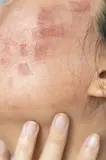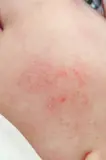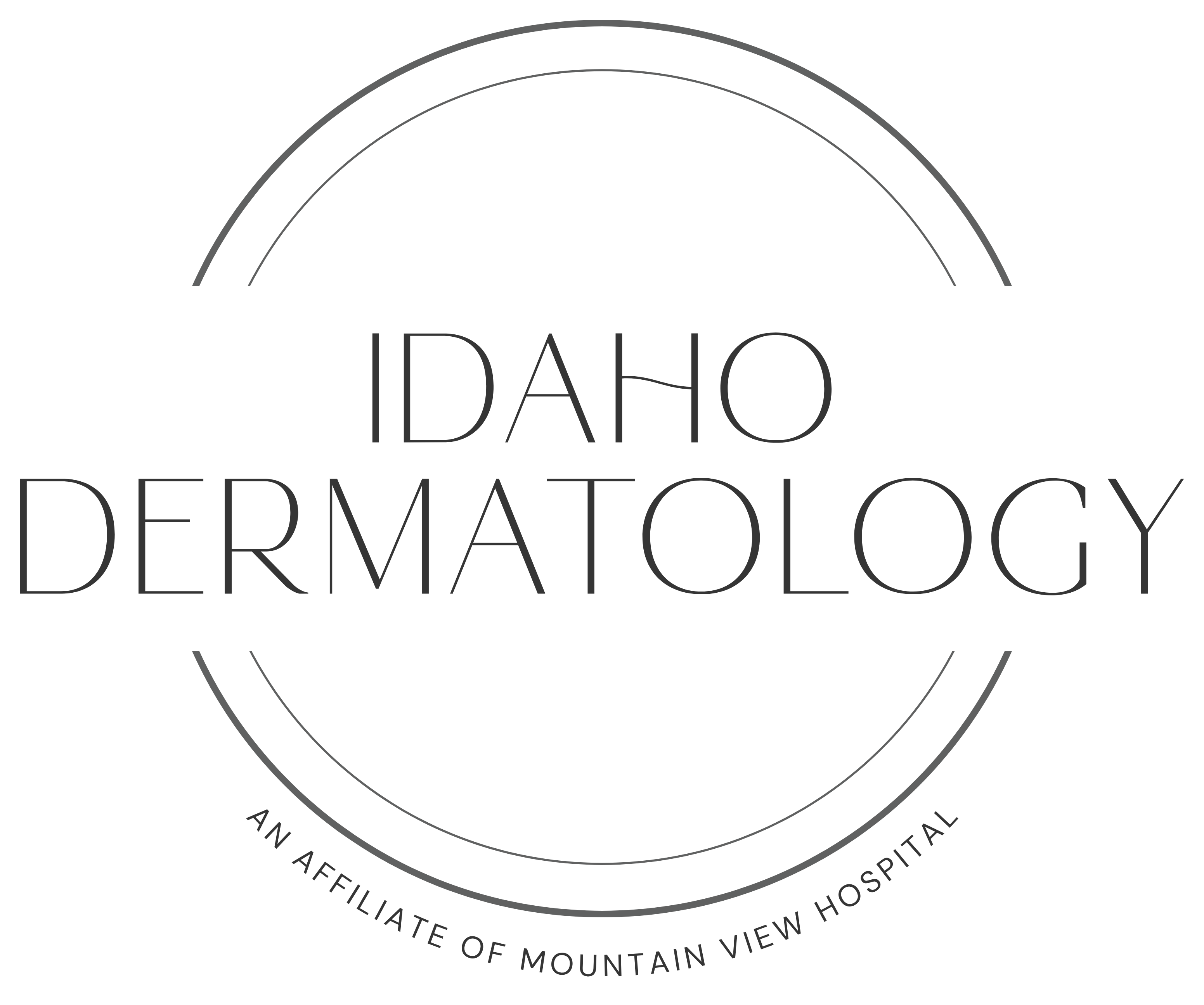No, rosacea is not contagious. Flare-ups can occur in varying degrees of severity and intensity, but there is no risk of spreading the disease.
The red flare-up condition.
Known by its redness on the cheeks, forehead, nose, and chin, rosacea affects the central face and eyes. Small bumps or pustules may also form around the affected areas, sometimes accompanied by engorged blood vessels under the skin.
All ages, sexes, and races are subject to contracting rosacea, although fairer-skinned individuals 30 and over may experience symptoms more frequently. No direct cause for the disease is currently known, but treatments in the form of medicine, laser removal, and surgical intervention can alleviate symptoms over time.

Rosacea
Signs & Symptoms
-
Irritable eyes
-
Hot/burning skin
-
Dry skin
-
Plaques (raised, reddened patches of skin)
-
Thickened skin
-
Swelling
Rosacea frequently asked questions.
Anyone is subject to the affects of rosacea, although women, those with fair skin, and those over the age of 30 are more prone to its condition.
Where on the body does rosacea commonly affect?
Rosacea typically appears on the central face, including the forehead, cheeks, nose, chin, and eyes. However, rosacea can affect other parts of the body, including the chest, ears, neck, and scalp.

Better skin and better health is our mission.
